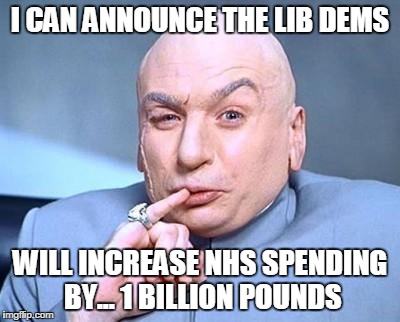The comments of the Mayor of Calais are being widely reported today. There are a reported 2,500 people sleeping rough in Calais, desperately trying to find a way to smuggle themselves into the UK illegally. The Mayor says this is because they have been attracted by our ‘generous’ welfare system. So this is one more thing we can add to the list of evils the British welfare system is responsible for, along with idleness, teenage pregnancy and ‘welfare dependency’.
This idea is obviously very appealing to those who wish to undermine our social security system, but is there any truth in it? When someone presents themself here and makes an application for asylum, they are not allowed to work while their application is considered. Fortunately, we do still have some compassion, so asylum seekers are given a very small sum each week to survive on (around £40) and a roof over their head (usually hotel or B&B accommodation, or if they are lucky, a ‘hard to let’ flat where no one else wants to live).
If their application is successful and they are given leave to remain in the UK, they become eligible for mainstream benefits, but must join the queue like everyone else for housing. Question though. If someone has risked their life travelling thousands of miles to the UK, and then waited months or years barely surviving while their application for asylum is processed, are they then going to say “after all I’ve gone through, now I’ll just kick back and relax and claim benefits”? Of course not! The suggestion is just ludicrous.
If the UK was so attractive and such a soft touch, you would expect the number of successful asylum seekers (refugees) we take to be the highest in Europe. Is this the case? In terms of absolute numbers, both Germany and France take more refugees than us, and relative to the population, while we take one refugee per every 319 citizens, there are 9 European countries with a higher ratio than that, with Sweden taking one refugee per 107 citizens. Even if you wanted to flee to a country based on its welfare system, would you really pick the UK?
